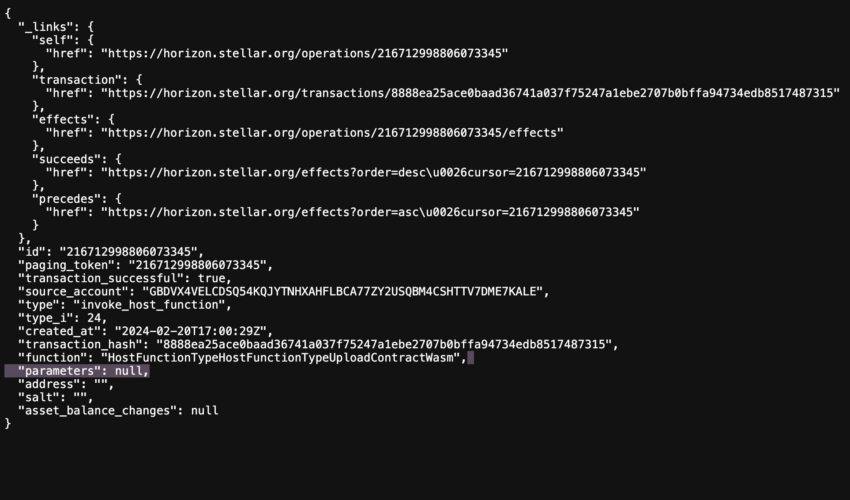Here’s Why Stellar (XLM) Could See Increased Adoption
Phase 0 of the Stellar Protocol 20 went live on testnet yesterday. The Stellar Foundation deployed its first smart contracts, which could form the basis of decentralized services that will be bullish for the XLM token and challenge Ripple.
The Stellar Foundation confirmed that it rolled out Phase 0 of its Stellar Protocol 20 yesterday to expand the functionality of its network.
How Smart Contracts Will be Deployed
Phase 0 of Stellar Protocol 20 will give developers the initial round of tools to start building on the network. It will also allow validators to expand their transaction capacities. The project will later move to Phase 1 as validator capacity increases.
Read more: How To Buy Stellar (XLM) and Everything You Need To Know
After this, developers will move some applications to the main network. The community will then stress-test and evaluate the network before rolling out decentralized applications to all. Denelle Dixon, the CEO of the Stellar Development Foundation, said that the rollout of the Stellar Protocol 20 is a testament to the hard work of developers.

“Protocol 20 is officially live. Smart contracts on Stellar are here! Streamlined transactions, expanded use cases, heightened security, and so much more – it’s a game-changer for the network, and it’s all thanks to the heart and hustle of this entire ecosystem.” Dixon said.
The Stellar Network was co-founded in 2014 by Ripple co-founder Jed McCaleb. On Stellar, users can exchange currencies over the network without a third party.
The new smart contracts will empower developing economies with peer-to-peer financial services. It was originally designed to digitize any currency but not replace them altogether.
Ripple Labs offers similar functions but targets institutions. The company touted XRP as a neutral currency for cross-border payments in a 2021 whitepaper.
Smart Contracts Could Create XLM Surge
Demand for Stellar’s native XLM token could rise if smart contracts attract enough users to the Stellar Network. The Stellar Foundation requires a network user to hold at least 1 of its XLM tokens to participate in the network.
Users are not incentivized to hold the token, as the network doesn’t natively offer crypto staking rewards. Ultra Stellar, a third-party yield platform, allows users to exchange XLM tokens for yield-bearing derivatives.
However, XLM’s price could increase, given the goal of Stellar Protocol 20, which is to expand the transaction processing capabilities of validators. While a transaction can cost 0.00001 XLM, it can increase when transaction volumes increase. Coupled with the increase in users, the token can generate significant returns for users.
Read more: Stellar (XLM) Price Prediction 2023/2025/2030
In November, BeInCrypto predicted that the $0.1100 price area could be crucial to the future of XLM. A bounce at this support area could cause an increase to $0.161, while a breakdown could cause the price to drop to $0.078. XLM’s price is currently $0.1146.
BeInCrypto reached out to Ripple Labs for comment on the rollout of smart contracts on the Stellar Network but had yet to hear back at press time.
Disclaimer
In adherence to the Trust Project guidelines, BeInCrypto is committed to unbiased, transparent reporting. This news article aims to provide accurate, timely information. However, readers are advised to verify facts independently and consult with a professional before making any decisions based on this content. Please note that our Terms and Conditions, Privacy Policy, and Disclaimers have been updated.